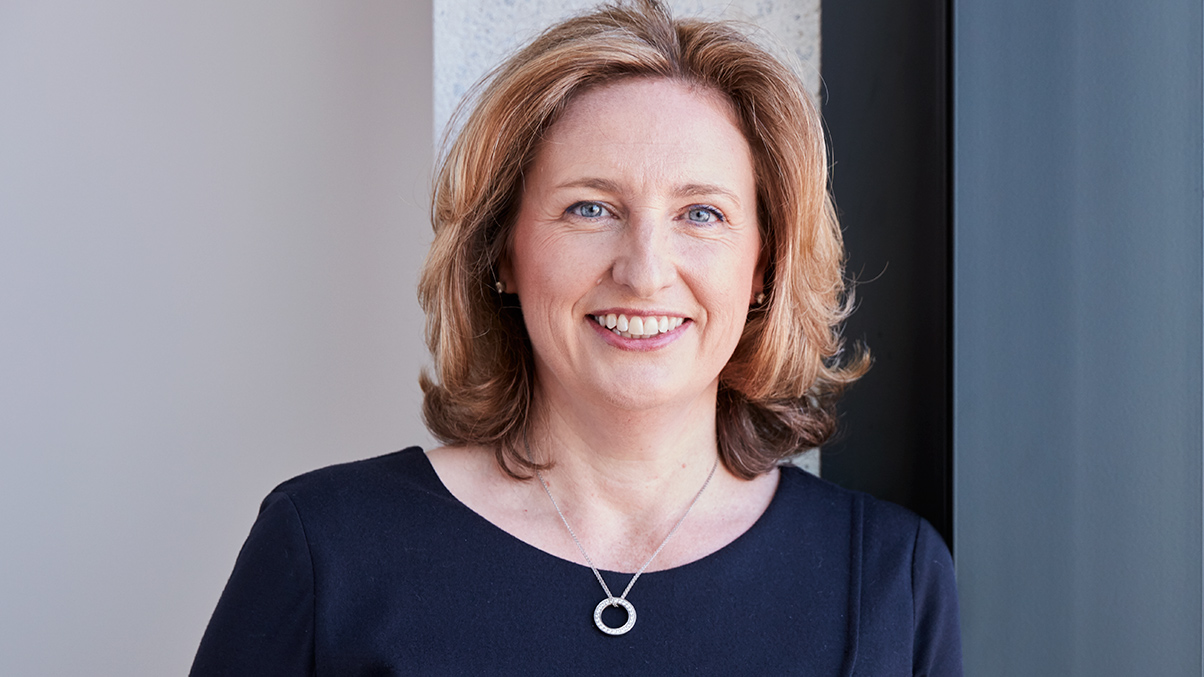Fawn Wilkinson, an associate in our Divorce and Family team, examines the decision in Re PT (a child) (summary return) in which the court considered a father’s application for his child’s summary return to Spain after she was removed to England by her mother. Assertions made regarding the risks arising from the coronavirus pandemic were balanced with other competing risks. In accordance with coronavirus (Covid-19) guidance, the final hearing and the handing down of judgment took place remotely.
What are the practical implications of this case?
Where the authority of a contracting state finds that a child has been wrongfully removed from another contracting state, they must order their summary return forthwith unless an exception, such as risk to the child, can be shown. This case emphasises the high threshold of risk that is needed to justify a departure from this obligation. When assessing risk, the court will do so by reference to the factual matrix of the case before it and cogent evidence.
In this particular case, mere speculation that the child was more at risk of contracting coronavirus in Spain was not sufficient to justify a finding of this by the court. There are often competing risks that must be balanced by the court, of which the coronavirus pandemic was just one in this case.
This case serves as a helpful reminder for practitioners to properly identify and balance the risks that are perceived to exist in relation to retention and/or return and for this to be set out fully in the evidence placed before the court. Furthermore, where undertakings can be given to alleviate any possible risk and show that adequate arrangements have been made to secure the child’s protection after their return, they should be offered. In this case, the existence of adequate arrangements to secure PT’s protection was something the court was required to consider and the fact that the father had offered a variety of undertakings in this case, including in relation to contact with the other parent, was highly relevant in reassuring the court that there were adequate arrangements in place to secure the child’s welfare. This was in contrast to the mother’s refusal to comply with an interim order, including in relation to facilitating the child’s contact with the father.
In accordance with Covid-19 guidance, the final hearing and the handing down of judgment took place remotely. While the court acknowledged the challenges of conducting the final hearing in this manner, it was ‘fully satisfied that the hearing was a fair one for all parties’. The decision by the court to conduct the final hearing remotely, passing the necessary orders to allow for this, despite the fact that one party was unrepresented and the other did not speak English, shows its commitment to progressing cases on an urgent basis when required during the current pandemic, provided a fair trial can be ensured.
What was the background?
Prior to her removal to England, the child (PT) spent the entirety of her life in Spain. Both she and her parents were Spanish nationals and both her wider maternal and paternal family were based in Spain. Under an order of the Spanish Court, PT’s mother (M) had custody of PT, but PT had regular contact with her father (F), seeing him on alternate weekends and for half of the school holidays. Both parents shared parental responsibility for her.
While PT is their only child together, F has a baby daughter and M has a child (S). At the time of the final hearing M was heavily pregnant with her third child, and was living with her current partner, PT and S in England. On finding out that PT had been removed to England, F asked M to return to Spain, but she refused. He therefore traveled to England asking her once again to return, but M again refused. She did, however, allow PT (and S) to spend time overnight with F at his hotel in England.
Swiftly (a fact that was relevant) on 10 March 2020, F applied to the English court for PT to be summarily returned to Spain under the Child Abduction and Custody Act 1985 (CACA 1985) incorporating the Convention on the Civil Aspects of International Child Abduction 1980 (the 1980 Hague Convention), and under Arti 11 of Council Regulation EC 2201/2003(Brussels II bis). M opposed the return on the basis that F had consented to the move and/or that a return to Spain would expose PT to physical or psychological harm or otherwise place her in an intolerable situation.
What did the court decide?
The court found that PT had been wrongfully removed from Spain under the 1980 Hague Convention, Art 3. Having found that PT was habitually resident in Spain and that at the time of her removal, F was exercising parental responsibility for her, the court went on to consider whether F had consented to her removal, and as such whether the 1980 Hague Convention, Art 13(a) was engaged. While M demonstrated that discussions surrounding a move had taken place, she could not prove that F had agreed. The evidence that PT had given to the Children and Family Court Advisory and Support Service (Cafcass) officer was that in fact M had told her to lie to F about where she was living.
The court then considered the exception under the 1980 Hague Convention Arti 13(b) and found that there was not a ‘grave risk’ that PT’s return to Spain would expose her to physical or psychological harm or otherwise place her in an intolerable situation:
- the concerns expressed by M as to F’s behaviour were not genuine (she had
allowed him to have regular contact with PT, as well as contact with S).
Furthermore, PT spoke positively of her relationship with F to the Cafcass officer - there was a risk of psychological harm to PT as a result of the separation from M and S. However, this was significantly less than the harm that she was suffering and the risk of her remaining in England. Particularly relevant was the evidence of the Cafcass Officer that this would lead to a ‘desperation’ on the part of PT, who had expressed that she did not want to reside in England and wanted to be with F
- while returning to Spain would bring its challenges, ie living full-time with F and attending a new school, it did not pose any real risk of psychological harm and certainly not the grave harm required
- while the coronavirus pandemic was more advanced in Spain, there was no
evidence allowing the court to draw the conclusion that PT would be more likely to contract coronavirus in one country than another or that one country was safer than the other. There is a genuine risk that she could contract the virus in either country.
While travelling internationally increased the risk of contracting the virus, air travel was still permitted and PT was not in an ‘at risk’ category under the current UK government guidance. As such, the likely harm PT would suffer in contracting the virus did not amount to the ‘grave risk’ of physical harm required under Arti 13(b)
Resultantly, the court ordered that PT be returned to Spain forthwith (this meaning ‘as soon as reasonably practicable’ in the light of the coronavirus pandemic) subject to the undertakings offered by F. While this would prevent PT from meeting her new sibling, the period of three weeks until the birth was too long in the light of the risk of further restrictions being placed on travel as a result of the pandemic, and PT needed to have stability restored.
This article was first published by Lexis®PSL on 15/04/2020. View the the original piece (behind a paywall) here.
Covid-19 is impacting individuals and companies around the world in an unprecedented way. We have collected insights here to help you navigate the key legal issues you may be facing at this time.
You can find further information regarding our expertise, experience and team on our Divorce and Family pages.
If you require assistance from our team, please contact us or alternatively request a call back from one of our lawyers by submitting this form.
Subscribe – In order to receive our news straight to your inbox, subscribe here. Our newsletters are sent no more than once a month.








